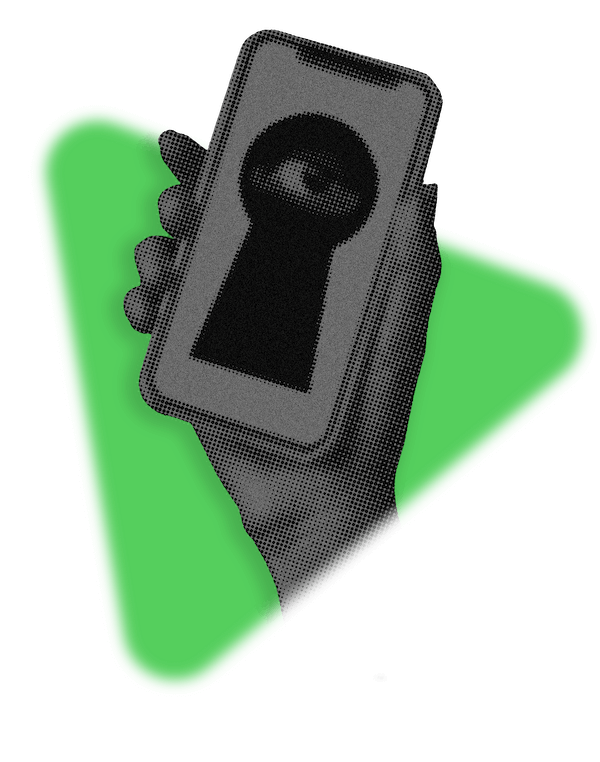Digital privacy
for your private parts
Your body is your business — and no one else's. And it’s your right to access the information you need to make choices about your body and your future.
Today, if you’re searching for abortion care or reproductive health information online, it will often leave a digital trail. But there are steps you can take to protect your digital privacy.
That's why we created the Vagina Privacy Network: a new kind of 'VPN' with a step-by-step protocol for those who want to stay anonymous online — so your private parts stay private.

>>How to stay private.
This guide provides tips for anyone who is concerned about their digital privacy when seeking information on their reproductive health. Remember to always seek reproductive care from authorized and reputable professionals. And keep in mind that no solution can fully prevent digital tracking, but taking these steps can offer a degree of protection.
>>Tips
>>Note
Just like birth control, when it comes to protecting your digital privacy, no method is 100% effective. But taking the actions above can put you in a better position to protect yourself. Find in-depth descriptions of each recommendation in the full digital privacy guide.
Please note this is not guidance on what reproductive care is available where you live. When seeking reproductive care, it’s important to know your rights. You can find a global map of abortion laws here. For those in the United States, laws surrounding reproductive care are rapidly changing on a state-by-state basis. See here for an overview of the laws by state.



